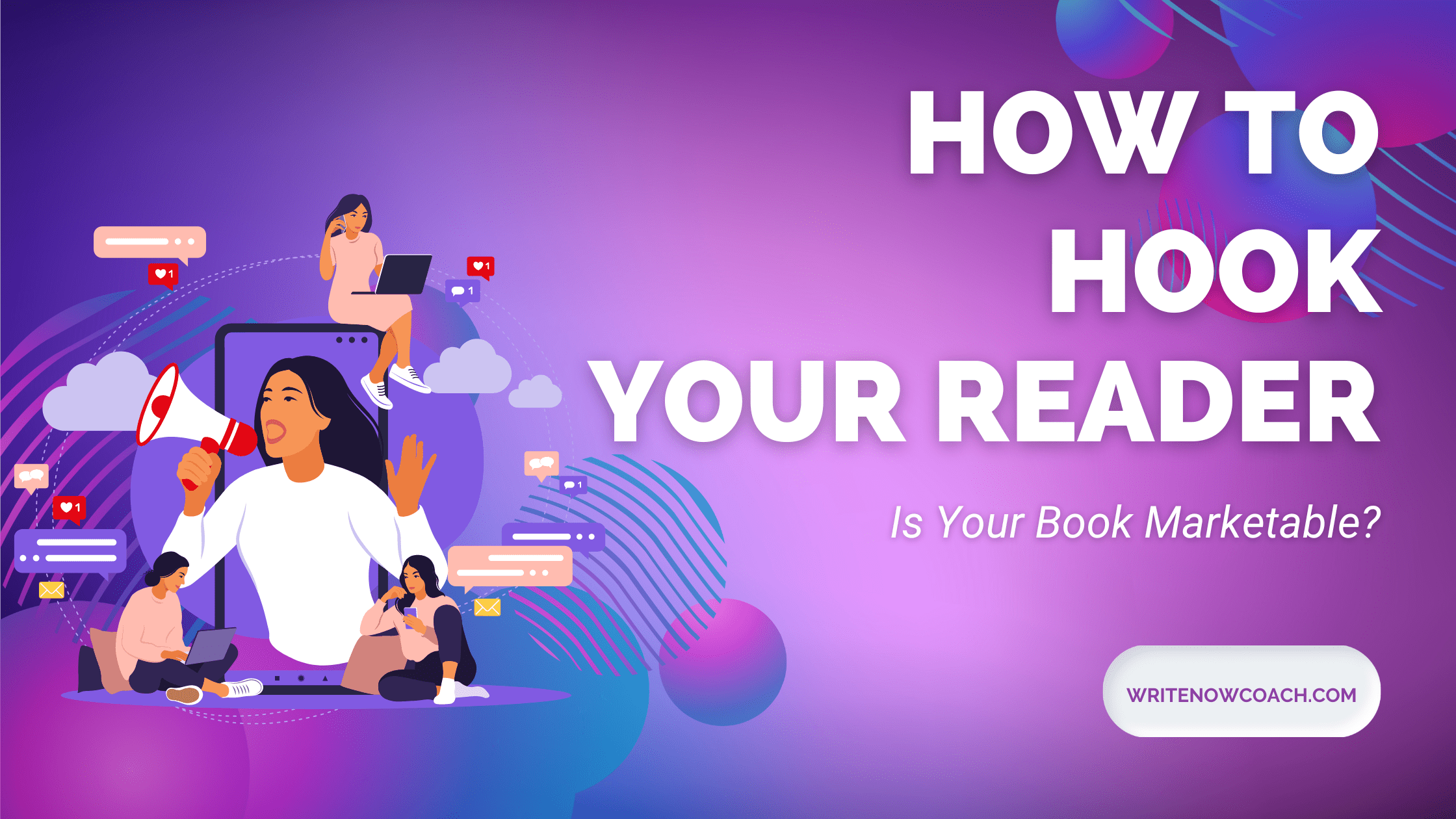How to Hook Your Reader
by Rochelle Melander
Storytelling is the most powerful way to put ideas into the world. – Robert McKee
You’ve got information to tell your readers. You want to teach them how to do something new, shift their mindset, or help them overcome challenges. You can write at them, like the yapping salesperson at the fair, shouting benefits. You can make a case with data, presenting a chart or laying out the facts one by one. You can give them a process, tool, or technique to solve their problem. Or you can tell a story.
Why tell a story?
Stories are the best way to show how others have overcome problems using your method. According to writer Lisa Cron, “Story isn’t just one way to persuade, it’s the way. It … has been since early humans gathered around the camp fire, trying to figure out how outsmart the lion next door.”
Stories hook people. Stories keep people reading. Stories sell your services. More than facts, more than data, more than persuasion—your stories change people’s lives. No one looked at a piece of data about the value of exercising, threw on their shoes, and ran around the block. But I’ll bet hundreds of people have been inspired to run by reading John Bingham’s story about being an overweight 43-year-old guy who started running by mastering his driveway in The Courage to Start: A Guide to Running for Your Life.
But where do you get your stories?
As you research and write your book, you can review your sources for stories. You can also make a plan to interview people and gather their stories. When I wrote Write-A-Thon, I knew I wanted to include the stories of real people who had written a book in a month. I placed a query in the now-defunct Help a Reporter Out (HARO) and interviewed more than a dozen NaNoWriMo participants. I also scoured the internet for stories of NaNoWriMo winners and invited people in my local region to tell me their stories.
Your turn
Find stories to support your ideas!
+Start with your own life. How have the tools you are teaching helped you overcome challenges?
+Next, consider the lives of your clients, colleagues, friends, and other people you have helped. How has your process helped them? But don’t stop there.
+Tell the stories of cultural and historical role models.
+Read the paper for stories of local heroes who overcame difficulties.
+Look around your community, and invite people to tell you their stories.
The world is full of people who’d love for you to tell their stories in your book. Ask permission to interview them and share their stories. (You may have to change names and identifying details.) You’ll help so many people by sharing these stories!
Tell me the facts and I’ll learn. Tell me the truth and I’ll believe. But tell me a story and it will live in heart forever.
– Native American Proverb

Write Now! Coach Rochelle Melander is an ADHD-trained professional certified coach who has helped hundreds of people write and publish books. She’s available to help you create a plan for your writing project, overcome distraction and procrastination to start and finish your writing, and navigate publishing and marketing your book. Book a private consultation: https://writenowcoach.com/consultation/









